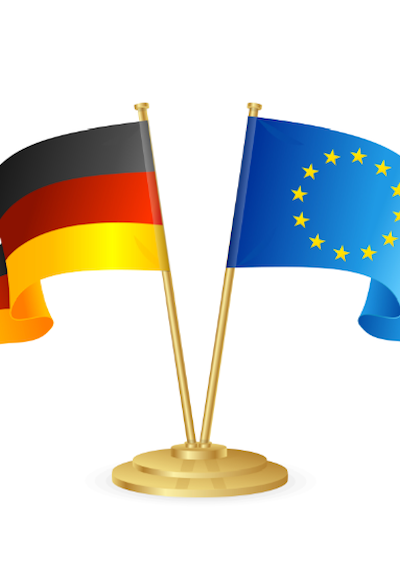Working to End Secret Companies
The first global registry of true ownership is a step forward
June 10, 2016
Until the Panama Papers story broke last month, few people realized what lengths the offshore financial markets go to in order to support the work of narco-traffickers, kleptocrats and international gangsters of all kinds. This is full-service for criminal organizations.
Bad actors can evade taxes, avoid awkward questions about the source of the wealth, launder their largesse and begin the long process of what the French call “buying their second virginity”.
Setting aside concerns that the hack exposed the law-abiding as well as criminals and undermined entirely the confidentiality that clients expect to enjoy with their lawyers, this was riveting stuff.
Those exposed included Putin’s well-heeled cellist, Iceland’s now-former Prime Minister Sigmundur David Gunnlaugsson, plus the usual raft of FIFA executives.
Legitimate shell operations?
But alongside this global perp-walk are at least as many individuals and companies trying to fly quietly under the radar for more defensible reasons. There are those taking advantage of legitimate tax avoidance schemes designed for the world’s wealthiest.
There are also the legitimately prosperous who know that their success, were it known, would make their families the targets of kidnappers and extortionists. These people will use secret companies and legal tax vehicles for as long as those are available to them.
At his summit in London, David Cameron called on the world to require disclosure of the real owners behind each company – those who can actually claim the value of the company after all of the layers and pretense are peeled away.
Patchwork solutions
If each country, one-by-one, prohibits secret ownership, the last country standing will be crowded indeed as the world’s worst actors shelter within its borders. But there’s another way.
TRACE, a non-profit business association that helps companies to reduce risk and improve compliance, and for which – full disclosure – I work, launched the first global beneficial ownership registry in late May: TRACEpublic.
It’s free to register and free to search. It is not limited by national borders, and unlike national registries, it is voluntary.
What does that mean? It means companies that recognize the reputational disaster arising out of secret companies – and the increasing likelihood of getting caught out by peevish hackers – can make their ownership details public.
They can continue to benefit from whatever lawful tax advantages their offshore companies afford and their total wealth remains a secret. But if they are really using these secret companies for legitimate purposes, why not own up to that?
Voluntary isolation
TRACEpublic isn’t a definitive solution. That would require every country to abolish secret companies within their borders, and we’re decades from that solution. But voluntary disclosure of ownership is a significant and norm-changing step forward.
The companies that decline to disclose tell us as much about themselves as those that use the registry. Businesses concerned about the secrecy surrounding these companies can decline to work with partners that refuse to disclose their ownership.
With the growing emphasis on transparency, many of the bad actors will isolate themselves with their reticence.
We invite those who argue that they have nothing to hide to post their ownership details. We encourage those who don’t believe them to insist that they do.
